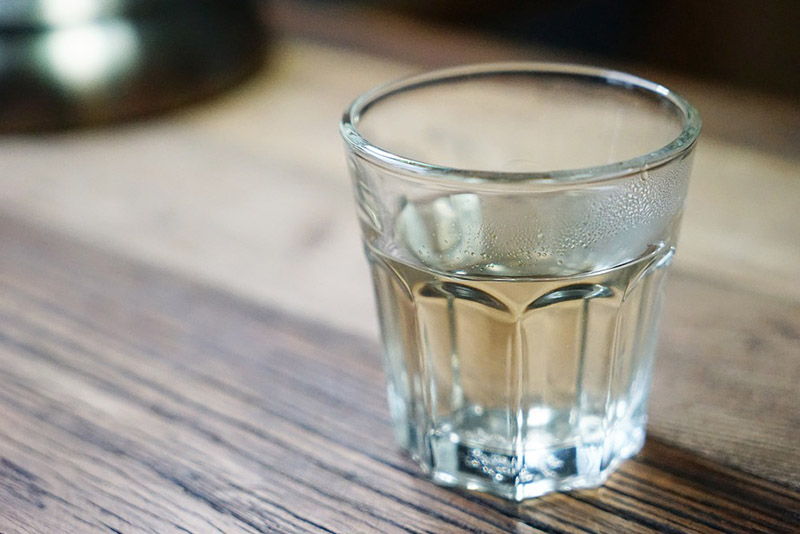
We’ve all heard the advice: “Drink eight glasses of water a day”
But is this rule as important as it sounds—especially when it comes to your urological health? Staying hydrated plays a vital role in supporting your kidneys, bladder, and the entire urinary system.
Let’s explore how water benefits your urological health and whether the “8 glasses” rule is fact or fiction.

Why Hydration Matters for Urological Health
Your urinary system works hard every day to filter waste products from your blood and remove them from the body through urine. Water is the key player in this process, and here’s why:
Helps flush out toxins and bacteria
Adequate hydration helps dilute urine and ensures you urinate more frequently. This can help reduce the risk of urinary tract infections (UTIs) by flushing bacteria out of the urinary tract before it can cause infection.
Prevents kidney stones
One of the most common urological issues, kidney stones, often develop when minerals and salts build up in concentrated urine. Drinking enough water keeps urine diluted, making it less likely for stones to form.
Supports bladder function
A well-hydrated bladder works more efficiently. It helps maintain elasticity and prevents irritation caused by overly concentrated urine, which can contribute to bladder discomfort or urgency.
Aids in managing urological conditions
For individuals dealing with conditions such as overactive bladder, interstitial cystitis, or benign prostatic hyperplasia (BPH), hydration can help manage symptoms—although fluid intake may need to be tailored depending on the condition.
Do You Really Need 8 Glasses a Day?
The recommendation to drink eight 8-ounce glasses (about 2 litres) of water daily—often called the “8×8 rule”—is easy to remember, but it’s not a one-size-fits-all solution.
Hydration needs vary
Your body’s water requirements depend on factors such as age, activity level, climate, and overall health. Someone exercising vigorously in summer heat will need more than someone spending the day indoors in cooler weather.
Listen to your body
Thirst is a reliable signal for most healthy people. If you rarely feel thirsty and your urine is pale yellow, your hydration is probably adequate. Dark yellow or amber urine is a sign you may need to drink more.
Be mindful of special cases
Certain medical conditions, medications, or age-related changes may alter how much water you should drink. For instance, older adults may have a diminished sense of thirst, making it important to consciously sip water throughout the day.
So, while the 8-glasses rule is a useful guideline, it’s more important to tune into your body’s signals and adjust accordingly.
How to Stay Hydrated
Keep a water bottle nearby and sip throughout the day.
Eat water-rich foods like fruits (watermelon, oranges) and vegetables (cucumbers, lettuce).
Set reminders on your phone if you often forget to drink.
Remember that beverages like tea, coffee, and milk contribute to hydration—but water remains the best choice.
The Bottom Line
Drinking enough water is one of the simplest and most effective ways to support your urological health. It helps prevent UTIs, kidney stones, and bladder irritation, keeping your urinary system functioning smoothly.
You don’t necessarily need to count out eight glasses, but you do need to drink enough so your body stays hydrated—your kidneys and bladder will thank you.
Book an Appointment with Urology Specialist
It is essential to talk to a trusted professional regarding your health. If you have any questions about your urinary health or would like to book an appointment, please feel free to contact or call Dr Arianayagam’s office on 1300 307 990, and his staff will be able to assist.

